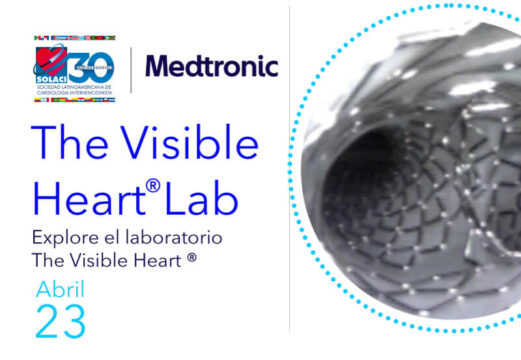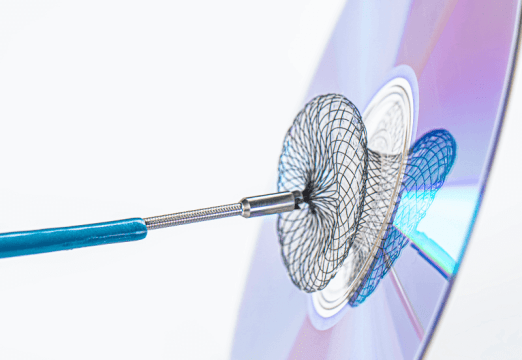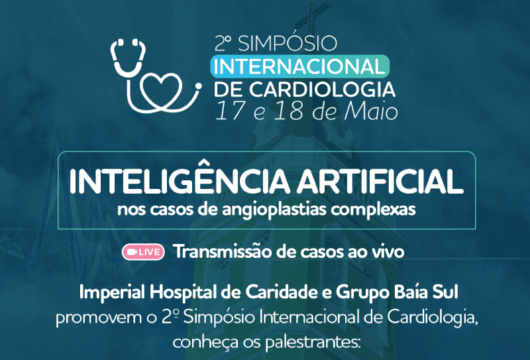Courtesy of Dr. Carlos Fava.

The study included 86 patients undergoing aortic valve replacement presenting PVL with cardiac failure CFIII or IV and/or anemia.
Patient mean age was 67.8±14.5 years, they were mostly men, 63% had biological valves and mortality STS was 5.7.
The PVL was diagnosed at average 22 months after surgery and PVL closure was done at average 35 months after surgery.
94% of procedures were considered successful with PVL reduction to mild or less in 62%, mild or greater in 20%, and mild to severe in 18% of patients.
Major adverse cardiovascular events rate was 8% In-hospital and 12.5% at 30 days.
Symptoms improved in 64% of patients. Those presenting PVL reduction to mild or less saw better functional class improvement than the rest of the patients. Those presenting pre procedural hemolysis saw transfusion requirement reduce to 12% after procedure.
Survival rate at two years was higher in those presenting mild or less PVL reduction (98% vs. 68%; p=0.004)
Conclusion
Percutaneous closure of PVL is associated with a durable reduction of symptoms and a lower rate of cardiac surgery need. The benefit is greater in those presenting mild or less PVL reduction.
Editorial Comment
PVL closure is feasible and safe, improves functional class and survival rate.
Only 60% of patients reaches important PVL reduction. This calls for efforts to improve performance and obtain greater benefits in the entire population.
Courtesy of Dr. Carlos Fava. Favaloro Foundation, Buenos Aires, Argentina.
Original Title: Techniques and Outcomes of Percutaneous Aortic Paravalvular Leak Closure.
Reference: Mohamad Alkhouli et al. J Am Coll Cardio Intv 2016;9:2416-26.
Subscribe to our weekly newsletter
Get the latest scientific articles on interventional cardiology
We are interested in your opinion. Please, leave your comments, thoughts, questions, etc., below. They will be most welcome.





